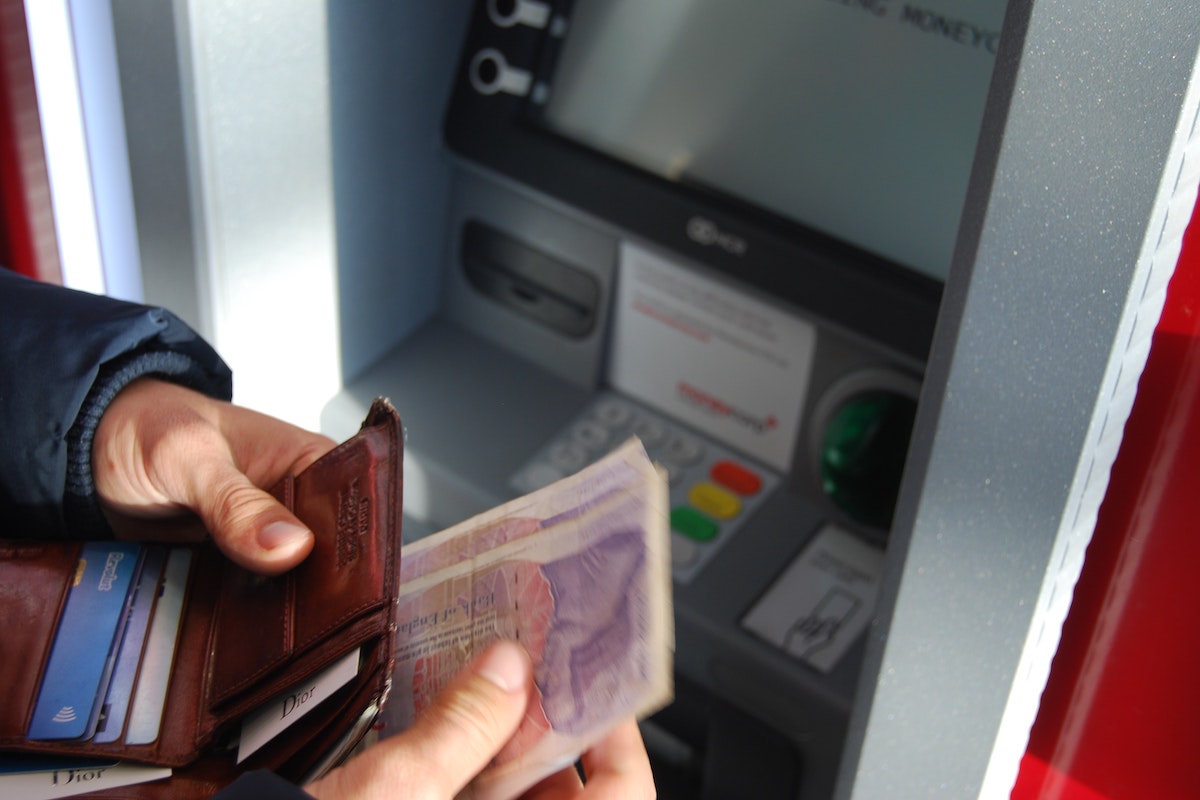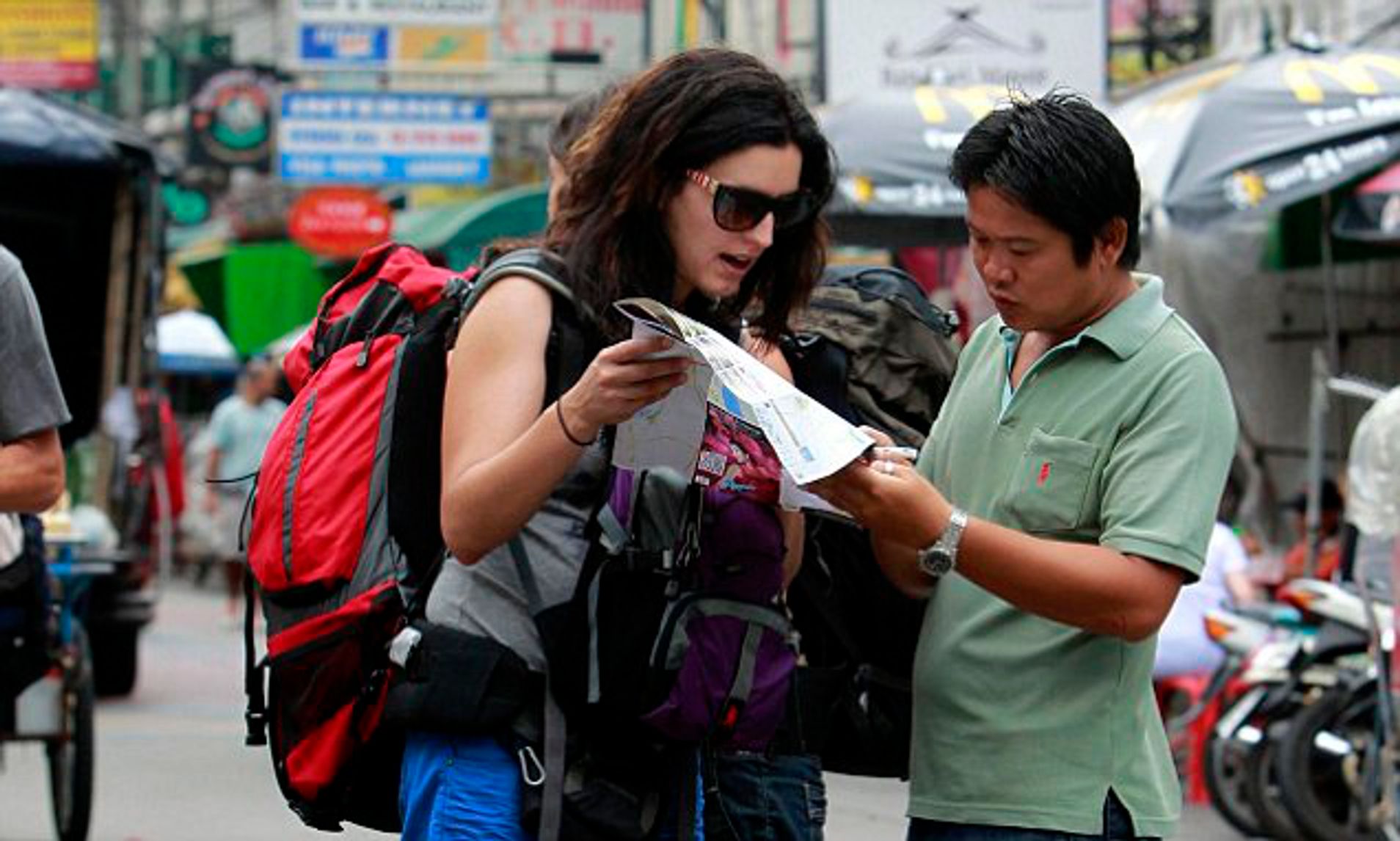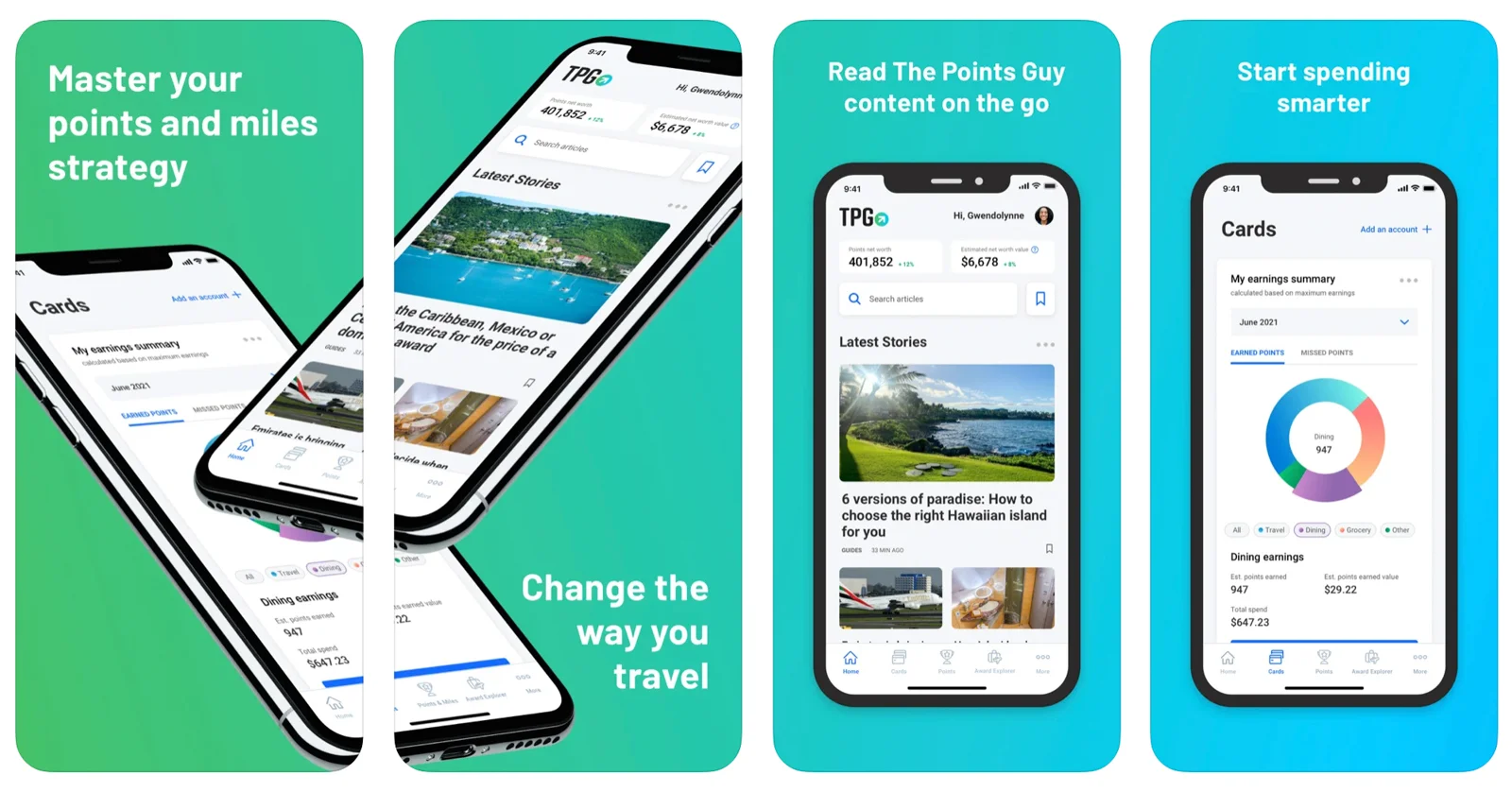Traveling the world is an exciting adventure, but it can also expose you to a variety of scams designed to take advantage of unsuspecting tourists. Whether you’re exploring a bustling city or relaxing at a beach resort, it’s important to stay aware of common travel scams and know how to avoid them. Here are some practical tips to help you protect yourself from scams while traveling.
1. Watch Out for Fake Taxi Drivers
One of the most common travel scams is fake taxi drivers. In many tourist destinations, scammers pose as legitimate taxi drivers and offer rides at inflated prices or take longer routes to increase the fare. To avoid this scam:
-
Always use official taxi services or ride-sharing apps like Uber or Lyft (if available in your destination).
-
If you’re getting a taxi from the airport or bus station, look for a designated taxi stand and choose a licensed driver.
-
Agree on the fare before getting in, or make sure the meter is turned on.
When in doubt, ask your hotel or local guides for reliable transportation recommendations.
2. Be Cautious of Overly Friendly Strangers
While it’s always great to meet new people, be cautious if a stranger approaches you with unsolicited advice or offers to take you on a tour. These individuals may seem friendly, but their goal is often to lead you to overpriced attractions, shops, or restaurants where they earn a commission from your purchase.
-
Politely decline unsolicited offers of help or tours from strangers.
-
If you’re approached by someone offering a “free” tour or souvenir, kindly thank them and continue on your way.
-
Do your research ahead of time about popular attractions and services to avoid being steered to overpriced or low-quality options.

3. Avoid the “Friendship Bracelet” Scam
This scam is popular in tourist-heavy areas and often involves someone approaching you and offering to tie a “friendship bracelet” on your wrist. Once it’s on, they demand payment, sometimes aggressively.
To avoid this scam:
-
Don’t accept gifts or offers of free items from strangers, especially in crowded tourist areas.
-
Politely refuse any unwanted bracelets or trinkets and keep moving.
Remember, nothing in life is truly “free,” especially in tourist spots.
4. Beware of Fake Currency Exchange Services
Currency exchange scams are a common way for travelers to lose money. Some fraudulent exchange offices may offer favorable exchange rates but use sleight-of-hand tactics to give you less than the amount you expect.
To protect yourself:
-
Only exchange money at official exchange offices or bank locations.
-
Avoid exchanging money with people on the street or in unofficial locations.
-
Double-check the rates before you exchange money and ensure the amount you receive is correct.
It’s also a good idea to use ATMs in reputable locations to withdraw cash directly from your bank account.
5. Don’t Fall for the “Too Good to Be True” Travel Deals
Many scammers target tourists by advertising unbelievably low-cost tours or vacation packages. These deals may seem tempting, but once you pay, you find that the services are either non-existent or far below expectations.
To avoid falling for these scams:
-
Do your research and check reviews on reputable websites like TripAdvisor or Google before booking any travel services.
-
Avoid offers that seem too good to be true, as they often are.
-
If you’re booking online, make sure the website is secure (look for “https” and a lock symbol in the URL).
If you have any doubts, it’s always better to err on the side of caution and skip questionable offers.
6. Stay Alert for Pickpockets
Pickpocketing is a common scam in crowded tourist spots, markets, or on public transportation. Thieves often work in groups, distracting you while one person steals your wallet, phone, or bag.
To protect yourself from pickpockets:
-
Use a money belt or hidden pouch to store valuables like cash, credit cards, and your passport.
-
Keep your bag or backpack in front of you and make sure it’s zipped up at all times.
-
Be especially cautious in busy places like train stations, markets, or popular tourist landmarks.
-
Stay aware of your surroundings and avoid distractions (like looking at your phone) in crowded areas.
7. Don’t Get Scammed by “Free” Wi-Fi
Public Wi-Fi is convenient, but it can also be a hacker’s playground. Scammers may set up fake Wi-Fi networks with names similar to those of nearby cafes, airports, or hotels. Once you connect, they can access your personal information.
To avoid this scam:
-
Avoid logging into sensitive accounts or making purchases while using public Wi-Fi.
-
If you must use public Wi-Fi, use a VPN (Virtual Private Network) to encrypt your data.
-
Always check with the establishment for the official Wi-Fi network name before connecting.
If possible, use your mobile data or a personal hotspot for more secure internet access.
8. Check for Overcharging in Restaurants and Bars
In some tourist-heavy areas, restaurants and bars may try to scam you by adding hidden charges or offering “special” menus with higher prices for tourists. The bill may also include extra items that you didn’t order.
To avoid overpaying:
-
Always ask for the price list before ordering and make sure you’re aware of any service charges or taxes.
-
If you’re eating out, review the bill carefully to ensure all charges are correct.
-
When possible, ask locals for restaurant recommendations to avoid tourist traps.
It’s also a good idea to carry small bills, as some establishments may try to overcharge or give incorrect change if you pay with larger notes.
9. Watch Out for the “Wrong Change” Trick
This scam happens when a vendor gives you the wrong change, usually when you pay with a larger bill. After giving you the change, they claim you gave them the wrong amount, hoping you won’t notice the discrepancy.
To avoid this scam:
-
Always count your money carefully before leaving any transaction.
-
Pay attention to how much you hand over and how much change you receive.
-
If you’re in a market or a busy area, it’s helpful to pay with exact change when possible.
If the vendor tries to claim you gave them the wrong amount, stand your ground and check your wallet carefully.
10. Be Skeptical of “Fake” Official Guides
Scammers may pose as official tour guides offering to show you around, but they’ll often demand a high price for subpar services or take you to shops where they receive commissions.
To avoid this scam:
-
Always book tours through reputable agencies or online platforms with good reviews.
-
Ask your hotel or local tourist office for recommendations for certified guides.
-
Be cautious if someone approaches you directly offering a “tour.”
If you’re unsure, you can often find reputable guides and tour companies listed online or through official tourism websites.
Conclusion
By staying alert and aware of common travel scams, you can protect yourself and enjoy your trip with peace of mind. Whether you’re avoiding fake taxis, staying cautious around overly friendly strangers, or keeping an eye on your valuables, simple precautions can help you stay safe and avoid falling victim to fraud. Always trust your instincts, and if something feels off, don’t hesitate to walk away or ask for help. Happy and safe travels!











